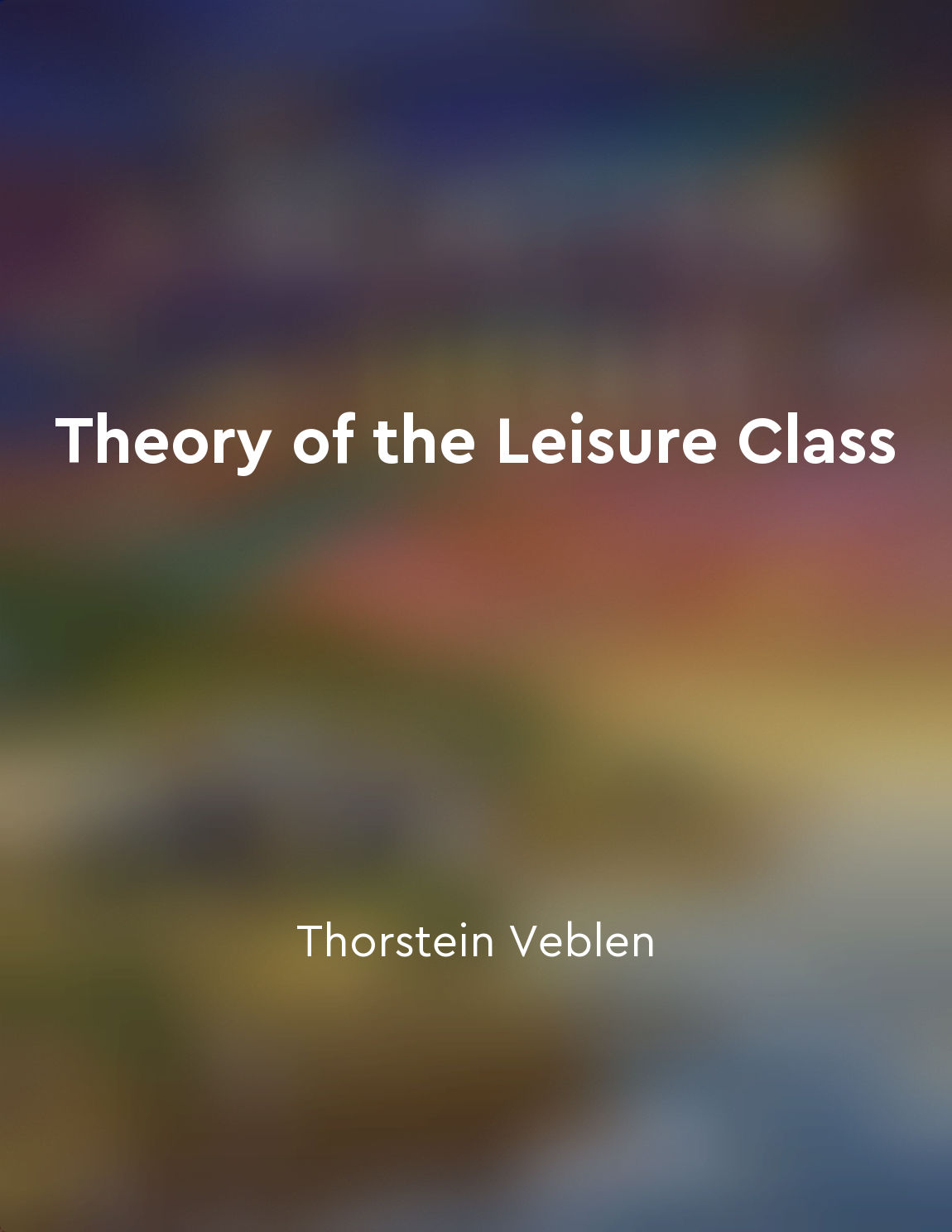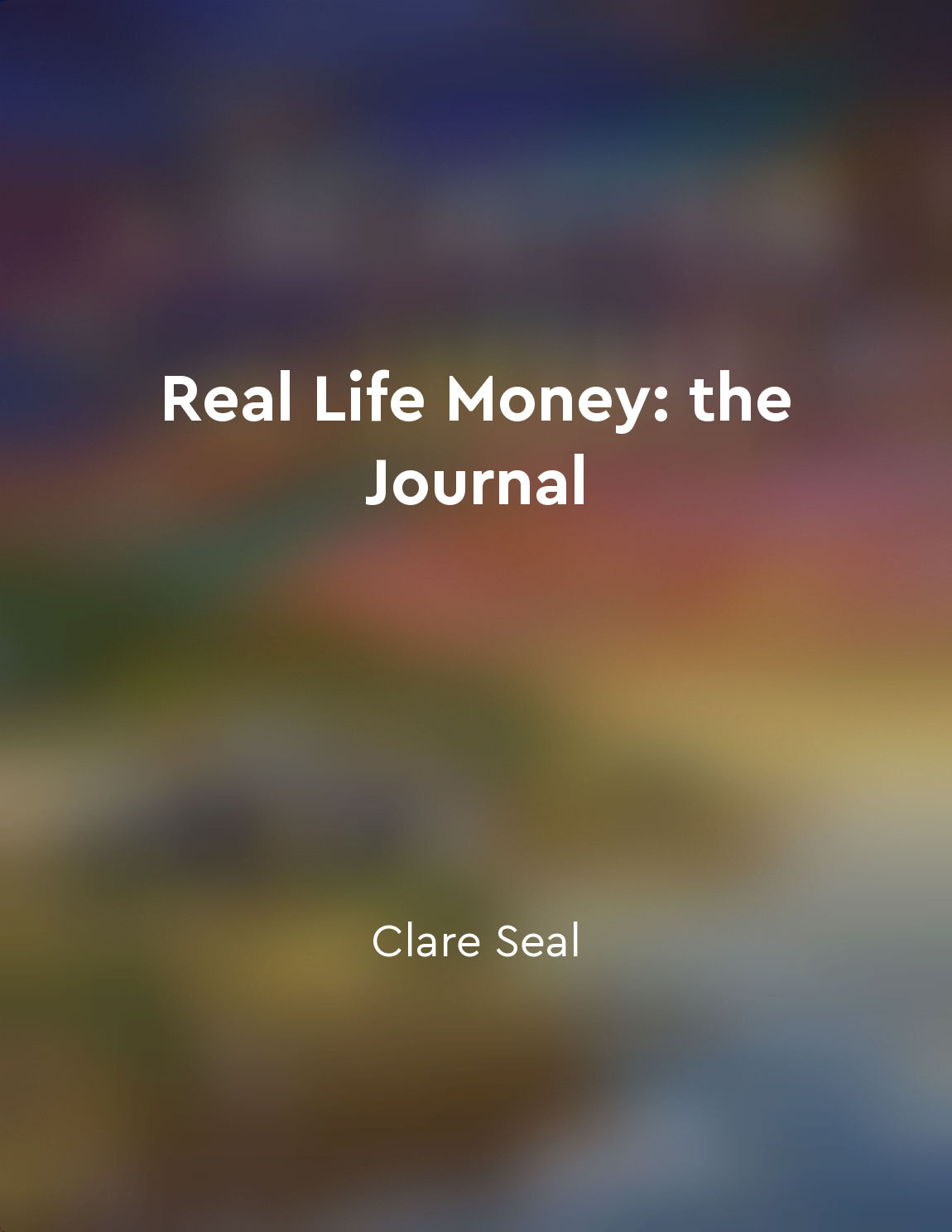The endowment effect skews perceptions of value from "summary" of Misbehaving by Richard H Thaler
The endowment effect is a curious phenomenon that reveals how people often overvalue objects simply because they own them. This cognitive bias skews our perceptions of value, leading us to believe that something we possess is worth more than it actually is. It is as if ownership imbues the object with special qualities that inflate its worth in our minds. This can be seen in various contexts, from the reluctance to part with a possession even when offered a fair price to the tendency to value items more highly simply because they belong to us. This effect was famously demonstrated by a series of experiments where participants were given mugs and then asked to trade them for other items of equivalent value. Surprisingly, most participants were unwilling to part with their mugs unless they were offered a significantly higher value in return. This irrational attachment to their possessions highlights how the endowment effect can cloud our judgment and lead us to make decisions that are not in our best interest.- Or cause us to overvalue items simply because they are in our possession. By understanding this cognitive bias, we can become more aware of how our own judgments may be influenced by ownership and strive to make more rational decisions. Ultimately, recognizing the endowment effect can help us navigate the complex interplay between perception and reality in the realm of value.
Similar Posts

Leisure Class practices Veblenian Warfare
The Leisure Class engages in Veblenian warfare, which involves the competitive display of wealth and status. This form of warfa...

Cultivating inner virtues leads to longlasting happiness
The path to lasting happiness involves cultivating inner virtues that contribute to a sense of fulfillment and well-being. By d...
The road to wealth involves taking calculated risks
The road to wealth isn't a leisurely stroll down Easy Street. No, it's more like a high-octane race on the Fastlane. And in thi...
Park Avenue women face unique challenges and pressures
Park Avenue women, living in the highly competitive and exclusive world of Manhattan's Upper East Side, navigate a set of chall...
Growing interconnectedness is inevitable
The idea of growing interconnectedness is not just a trend or a passing phase, but rather an inherent aspect of the evolution o...
Embracing solitude can lead to selfdiscovery and introspection
When we are constantly surrounded by noise and distractions, we often find ourselves pulled in many different directions, unabl...
Morality is subjective and relative to cultural beliefs
In considering the nature of morality, we must acknowledge that it is not a fixed and universal standard that applies uniformly...
Seeking shortterm gains can lead to long-term losses
When you're fixated on making quick profits in the stock market, you might end up taking unnecessary risks that could ultimatel...

Embrace uncertainty as an opportunity for growth
Uncertainty is a fundamental aspect of life. It is a feeling that can be uncomfortable and sometimes even frightening. However,...

Reflecting on your financial journey and celebrating your progress can help keep you motivated towards your goals
When you take the time to look back at how far you've come on your financial journey, it can be a powerful motivator. By reflec...

